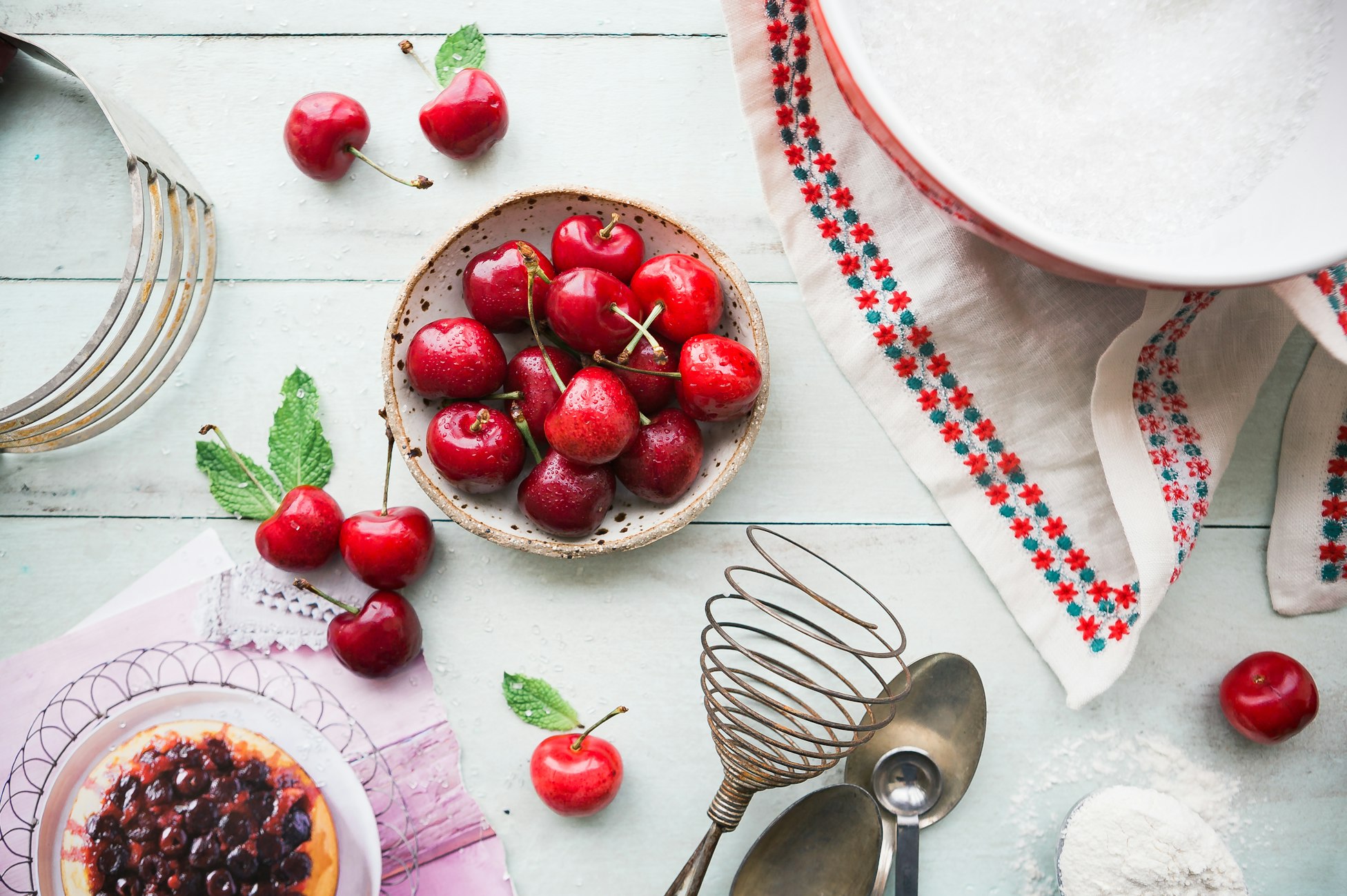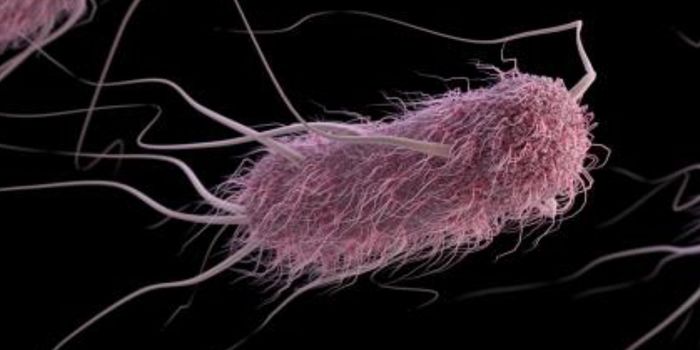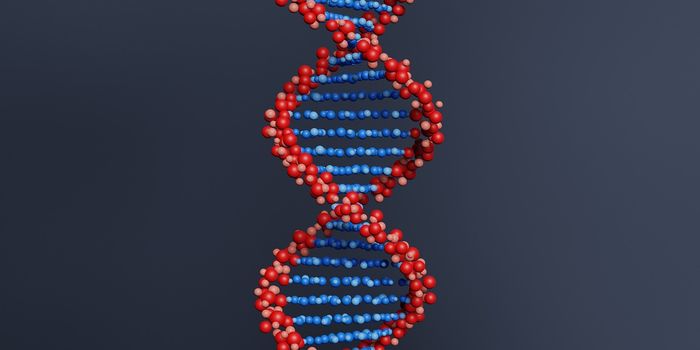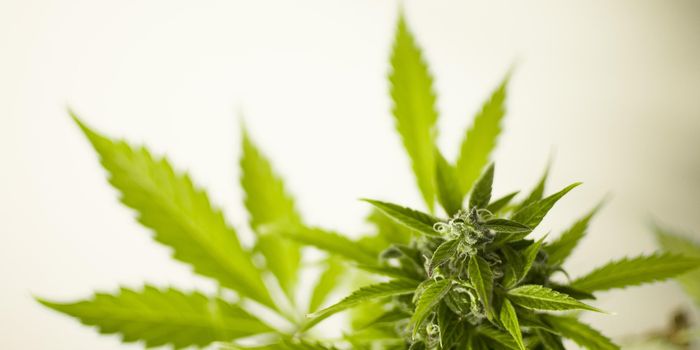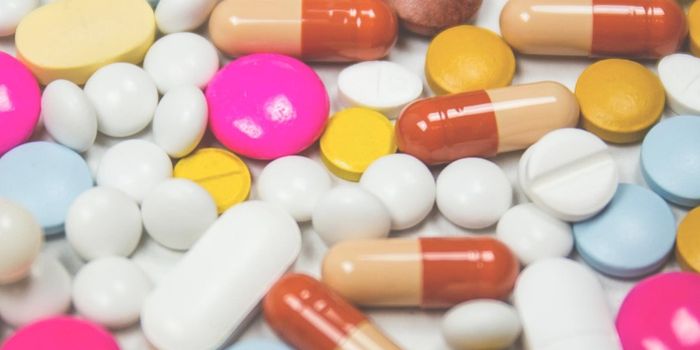Tart Cherry and Pain Management in Breast Cancer Patients
In patients with non-metastatic breast cancer, treated with aromatase inhibitors, tart cherry was found to reduce the musculoskeletal effects of the drug. The findings were based on a clinical trial by researchers at Marshall University Joan C. Edwards School of Medicine and Edwards Comprehensive Cancer Center.
"The flavonoids and anthocyanins in tart cherry have anti-inflammatory properties and may be playing a role in reducing the side effects of joint pain and muscles aches, although etiology of aromatase-induced arthralgias remain unclear at this time," said principal investigator Maria Tria Tirona, M.D., professor of hematology-oncology at the Marshall University Joan C. Edwards School of Medicine and director of medical oncology at Edwards Comprehensive Cancer Center. "There was a statistically significant difference in the pain levels experienced by patients in the group that received the tart cherry concentrate compared to the placebo group."
Currently, aromatase inhibitors (AIs) therapeutics are the standard treatment option for hormone receptor-positive breast cancer in postmenopausal women. The drug can prevent reemergence of the disease by blocking the activity of aromatase, an enzyme that is responsible for converting androgens to estrogens. However, an estimated half of all patients treated with AIs will suffer from joint and muscle pain. That particular pain is known as aromatase inhibitor induced arthralgia and at times can often be so painful and debilitating that it leads to patients to stop treatmetns earlyleading to patients stopping treatments.
Learn more about aromatase inhibitors (AIs):
But, in the randomized, double-blind trial of 60 participants, the consumption of 1 ounce of tart cherry concentrate in 8 ounces of water daily for six weeks with a placebo group in women was compared with stage 1, 2 or 3 non-metastatic breast cancer.
Patients were required to document their pain intensity at the beginning of the trial, weekly and at study completion. Upon completion, 34.7% of patients reported a mean decrease in pain compared to just 1.4% in the placebo group.
Source: Joan C. Edwards School of Medicine
